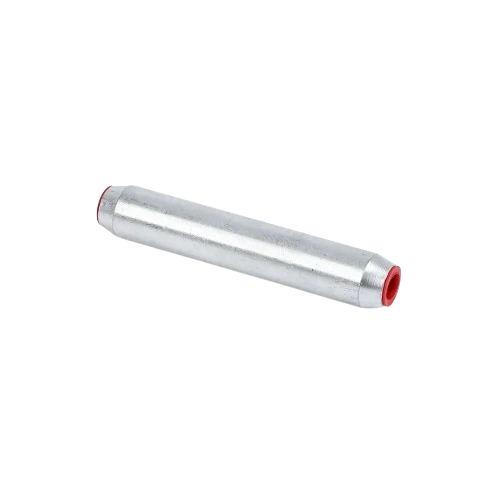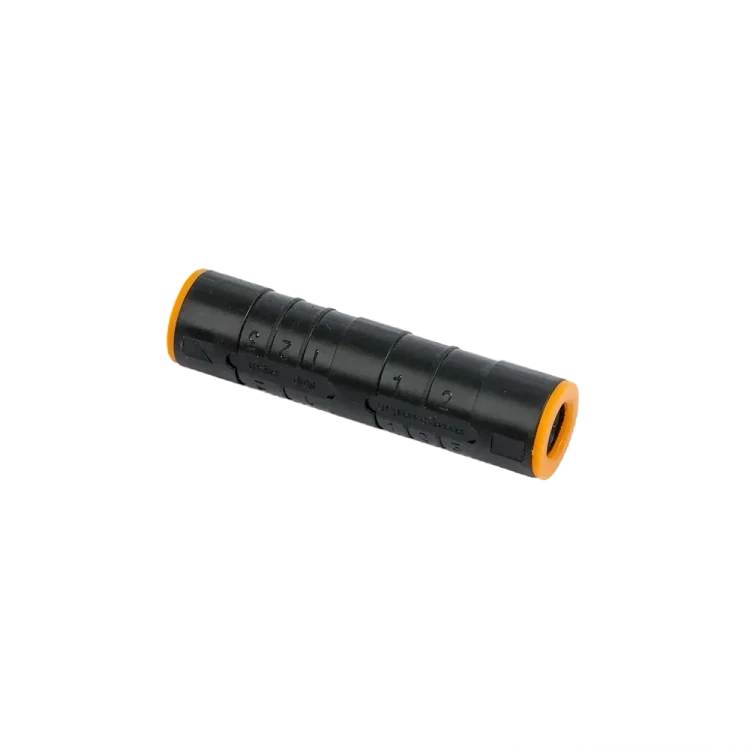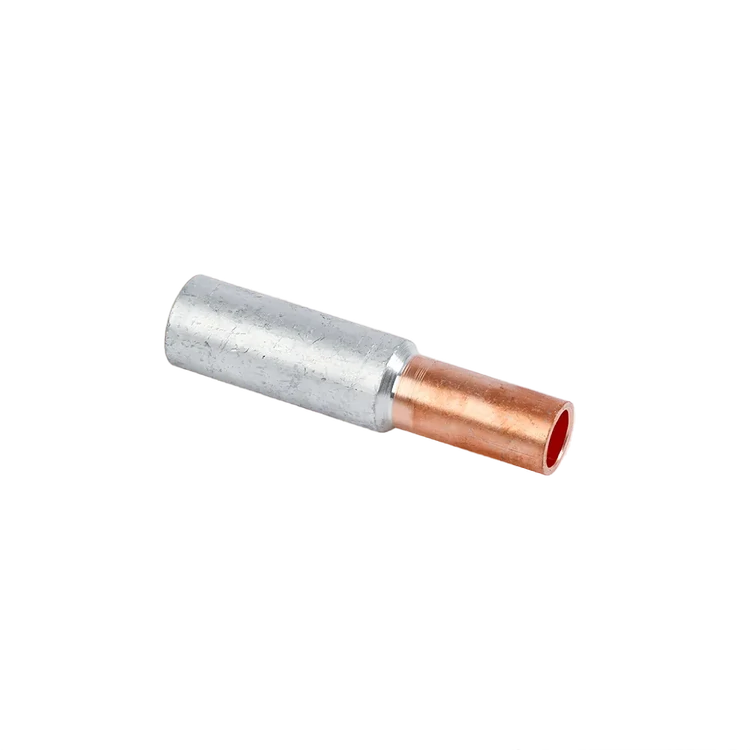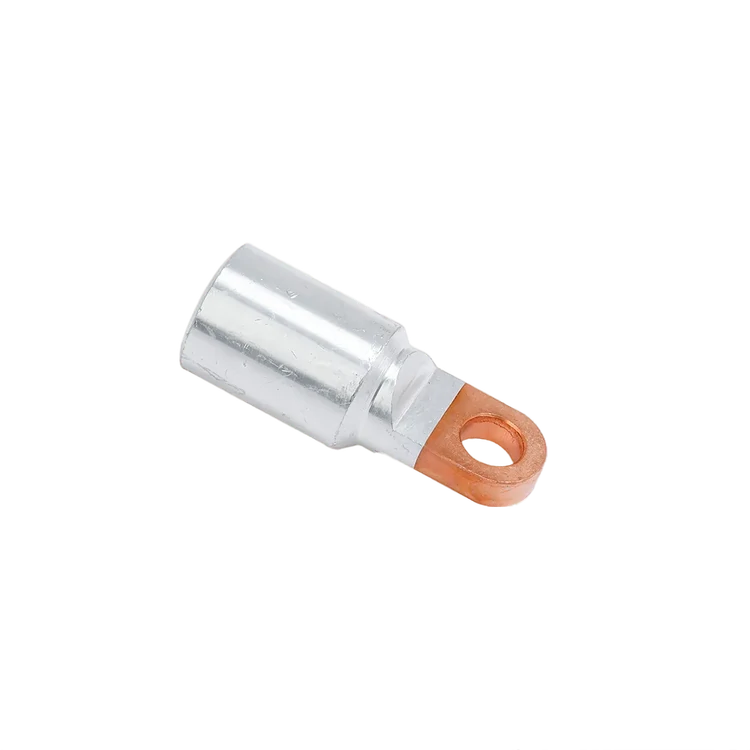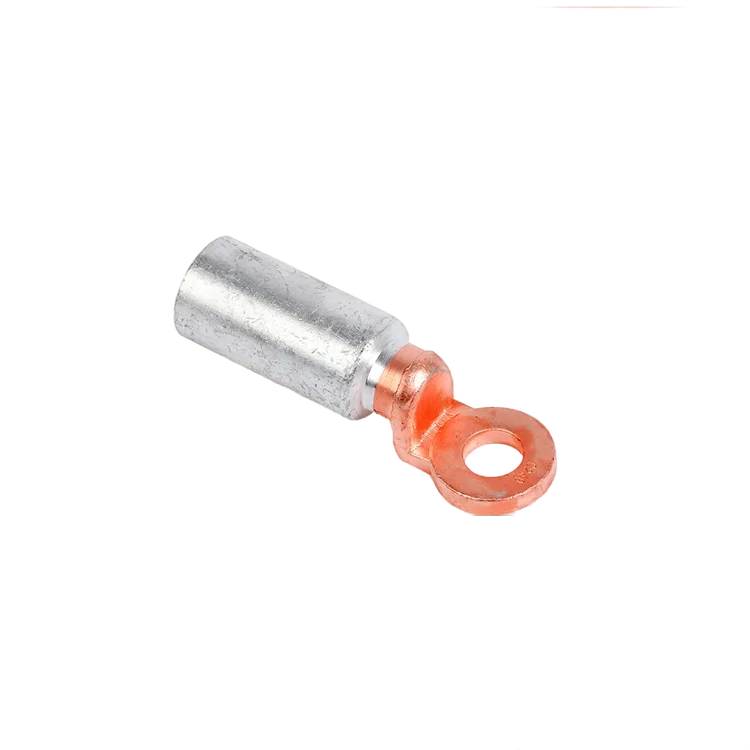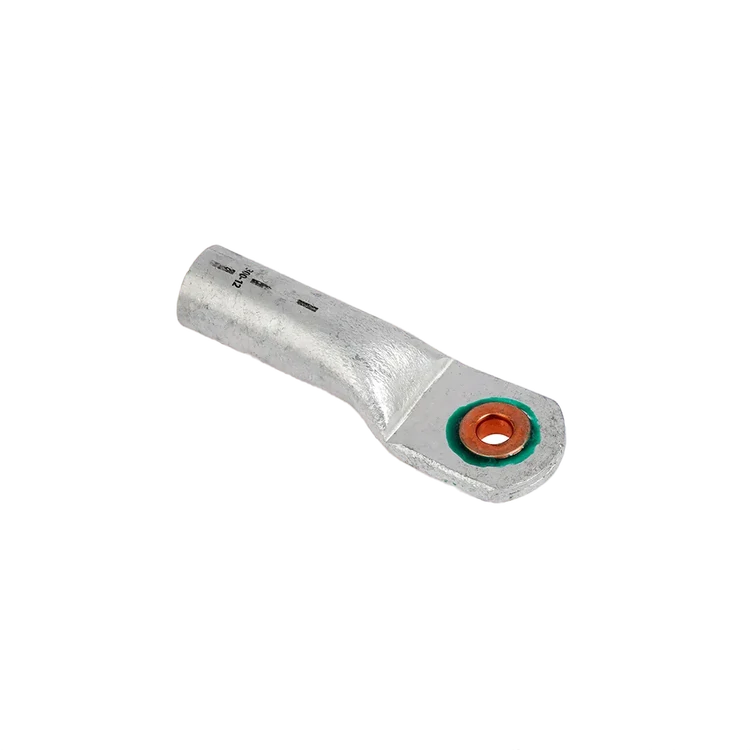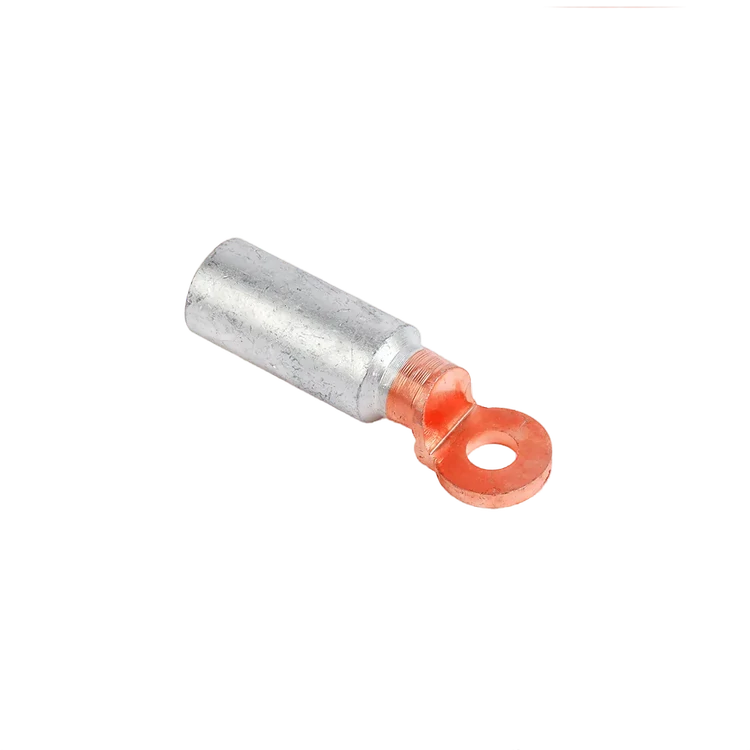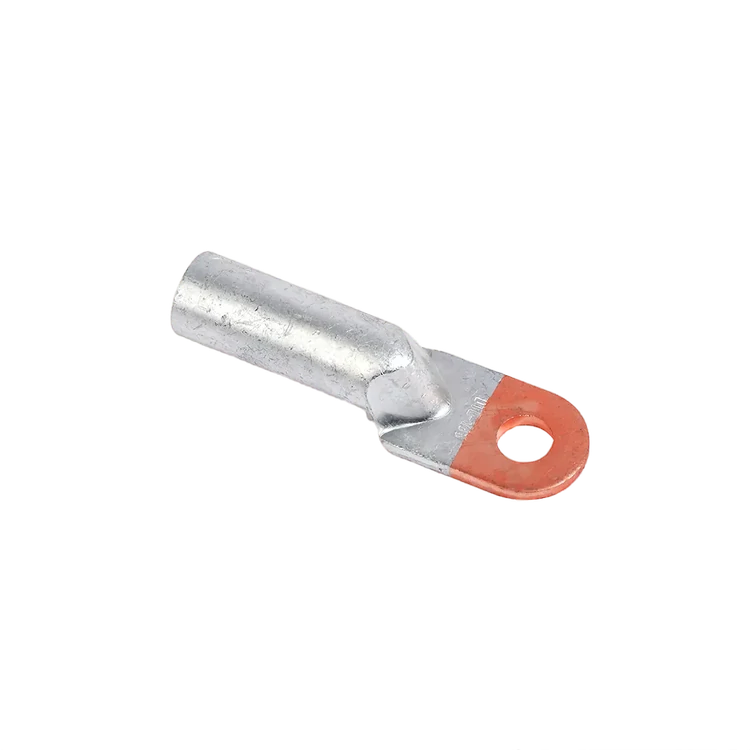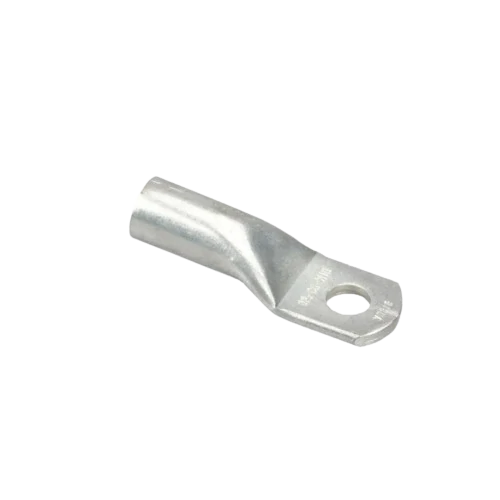Description
Cable lugs and connectors: Reliable Connections for Electrical Systems
When it comes to ensuring secure and efficient electrical connections, they are an essential component. Whether you are working on a residential wiring project or a large-scale industrial installation, the quality of your cable lugs can make a significant difference in the safety and performance of your electrical systems.
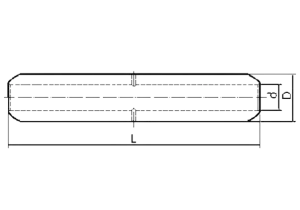
|
Type |
L(mm) |
D(mm) |
d(mm) |
|
GLB-16 |
86 |
10 |
6 |
|
GLB-25 |
11 |
7 |
|
|
GLB-35 |
12 |
8 |
|
|
GLB-50 |
96 |
15 |
10 |
|
GLB-70 |
17 |
11 |
|
|
GLB-95 |
19 |
13 |
|
|
GLB-120 |
133 |
24 |
15 |
|
GLB-150 |
24 |
17 |
|
|
GLB-185 |
139 |
25 |
19 |
|
GLB-240 |
28 |
21 |
|
|
GLB-300 |
200 |
34 |
24 |
|
GLB-400 |
45 |
30 |
|
|
GLB-500 |
55 |
45 |
What are Cable Lugs?
They are devices used to connect cables to electrical equipment, other cables, or terminal blocks. They provide a safe and secure connection that can handle high levels of electrical current. Made from high-quality conductive materials such as copper or aluminum, cable lugs ensure that electrical connections remain stable and efficient.
Types of Cable Lugs
There are several types of lugs cable in electrical available, each designed for specific applications:
- Ring Type Cable Lugs: These are commonly used in applications where a secure connection is crucial. The ring shape allows for a strong and reliable attachment to a terminal or stud.
- Pin Type Cable Lugs: Ideal for use in confined spaces, these lugs feature a pin that can be inserted into a terminal block.
- Fork Type Cable Lugs: These lugs are easy to install and remove, making them suitable for temporary connections.
- Compression Cable Lugs: These are used for high-voltage applications and provide a robust and durable connection through the process of crimping.
Benefits of Using Cable Lugs
Using high-quality cable lugs offers several benefits:
- Safety: Properly installed cable lugs reduce the risk of electrical accidents.
- Efficiency: They ensure minimal resistance and maximum conductivity.
- Durability: High-quality materials resist corrosion and wear, providing long-lasting performance.
- Versatility: Suitable for a wide range of applications, from small appliances to large industrial machines.
How to Choose the Right Cable Lugs
When selecting cable lugs, consider the following factors:
- Material: Choose between copper, aluminum, or bi-metal lugs depending on your specific needs.
- Size: Ensure the lug size matches the cable and terminal size.
- Application: Consider the environment and electrical requirements of your project.
At FINA Electrical, we offer a comprehensive range of cable lugs designed to meet the highest standards of safety and performance. Explore our selection and find the more cable lugs options for your electrical projects.

